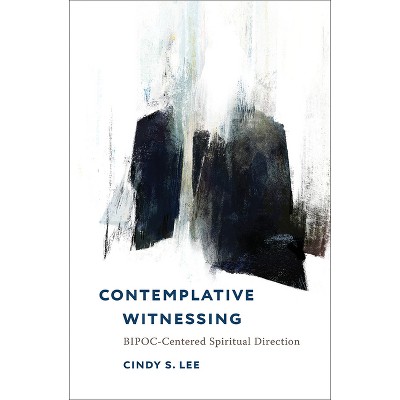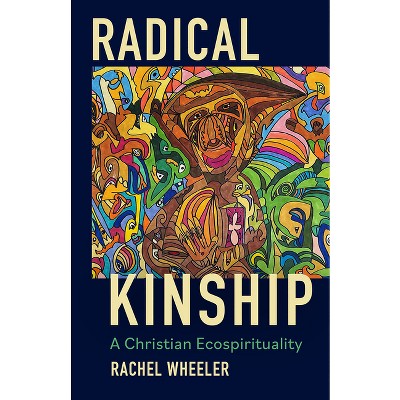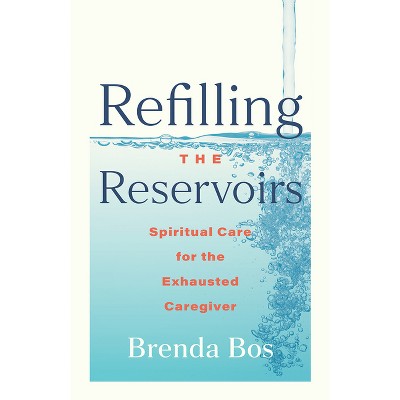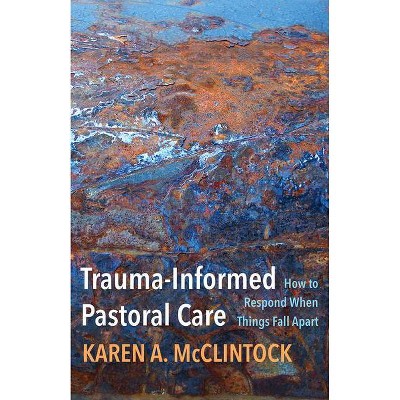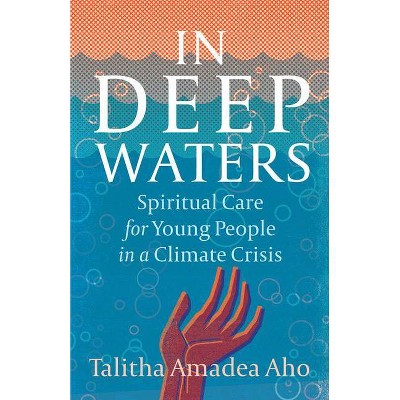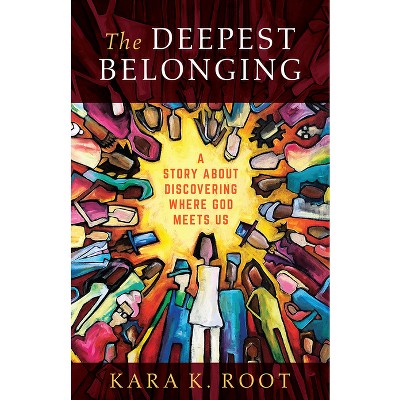Sponsored

Our Unforming - by Cindy S Lee (Paperback)
In Stock
Sponsored
About this item
Highlights
- Christian spiritual formation resources and teachings have primarily come from Western spiritual traditions.
- Author(s): Cindy S Lee
- 154 Pages
- Religion + Beliefs, Spirituality
Description
About the Book
In Our Unforming: De-Westernizing Spiritual Formation, Cindy S. Lee proposes that the church needs to reimagine spiritual formation--to unform the ways Western-dominated church leaders have understood formation and to create a more robust spirituality, one that will hold the complexities of a multicultural God and the God-human relationship.Book Synopsis
Christian spiritual formation resources and teachings have primarily come from Western spiritual traditions. Our current approach to formation comes out of that way of thinking and being, communicating that the white experience of God is the norm and authority.
In Our Unforming: De-Westernizing Spiritual Formation, Cindy S. Lee proposes that we as the church need a new way to engage in spiritual formation. To thrive in our increasingly diverse contexts, we need an unforming and a reforming of our souls. We need to unform the ways Western-dominated church leaders have understood formation. We need to reform--to imagine and create a more intricate spirituality that includes diverse experiences of God.
Our Unforming is organized into three cultural orientations and eight postures. Lee proposes that when we consider non-Western cultural ways of being--turning from linear to cyclical, from cerebral to experiential, and from individual to collective--the formation journey shifts. We live out these movements through postures, ways of entering into deeper spiritual transformation. The eight postures reflect our experience of time, generations, imagination, uncertainty, language, work, dependence, elders, and harmony.
Lee offers a more robust spirituality to hold the complexities of a multicultural God and the God-human relationship. Our Unforming is sure to inspire further conversation as it shifts how we approach formation in our diverse communities.







